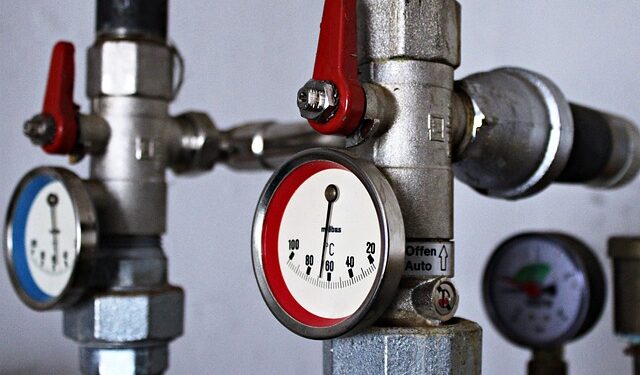Sustainability is transforming the way we warm our homes, compelling homeowners to look beyond just the ease of smart thermostats. While digital temperature control certainly contributes to increased efficiency, genuine sustainability in home heating emerges from a comprehensive perspective that thoughtfully evaluates fuel choices, the intricate design of heating systems, innovative storage solutions, and the long-lasting impact of energy consumption. This holistic approach embraces not only the comfort of today but also the health of our planet for generations to come.
The Limits of Smart Thermostats
Smart thermostats are often marketed as the ultimate solution for energy-efficient heating. They learn your habits, adjust temperatures based on usage, and can be controlled remotely. These features undoubtedly help reduce energy waste. However, they can only optimize what already exists. If your heating system is outdated or relies on fossil fuels inefficiently, a smart thermostat alone won’t significantly reduce your environmental footprint.
Alternative Heating Methods on the Rise
There’s growing interest in renewable and lower-carbon heating solutions. Ground and air source heat pumps, for instance, extract heat from natural sources and use electricity to distribute it indoors. When powered by renewable energy, these systems can drastically cut emissions. Similarly, biomass boilers, which burn organic material like wood pellets, offer a carbon-neutral heating option if sourced sustainably.
District heating systems—where heat is generated centrally and distributed to multiple buildings—are gaining traction in some areas. These can use surplus industrial heat or renewable energy, making them an efficient community-wide solution.
Efficiency Upgrades That Matter
Insulation and air sealing are the unsung heroes of sustainable heating. Even the most efficient heating system can’t perform well in a poorly insulated house. Upgrading loft insulation, sealing drafts, and double-glazing windows all contribute to a more sustainable and cost-effective setup.
Likewise, modern condensing boilers offer better fuel efficiency than older models by recovering more heat from combustion. Switching to newer technology and scheduling regular maintenance can make a noticeable difference.
The Role of Fuel Storage in Sustainability
Oil heating remains necessary for rural homes not connected to a gas grid. But that doesn’t mean sustainability is out of reach. Choosing more efficient oil-fired systems, using additives that reduce emissions, and investing in secure fuel storage all play a part.
An often overlooked but vital component is the storage tank. A quality tank can minimize the risk of leaks, which harm the environment and result in fuel loss. For example, a 2500 Litre Bunded Oil Tank provides a reliable and eco-conscious solution, with its dual-layer design preventing spills and protecting groundwater from contamination.
Heating Smarter, Not Just Digitally
The future of sustainable home heating lies in a layered strategy. Combining modern technology with thoughtful infrastructure and cleaner fuel choices creates a heating system that’s efficient and kinder to the environment.
So, while installing a smart thermostat may be a good first step, true progress means looking deeper into how heat is generated, stored, and your home retains it. Sustainable heating isn’t just smart. It’s strategic.




























